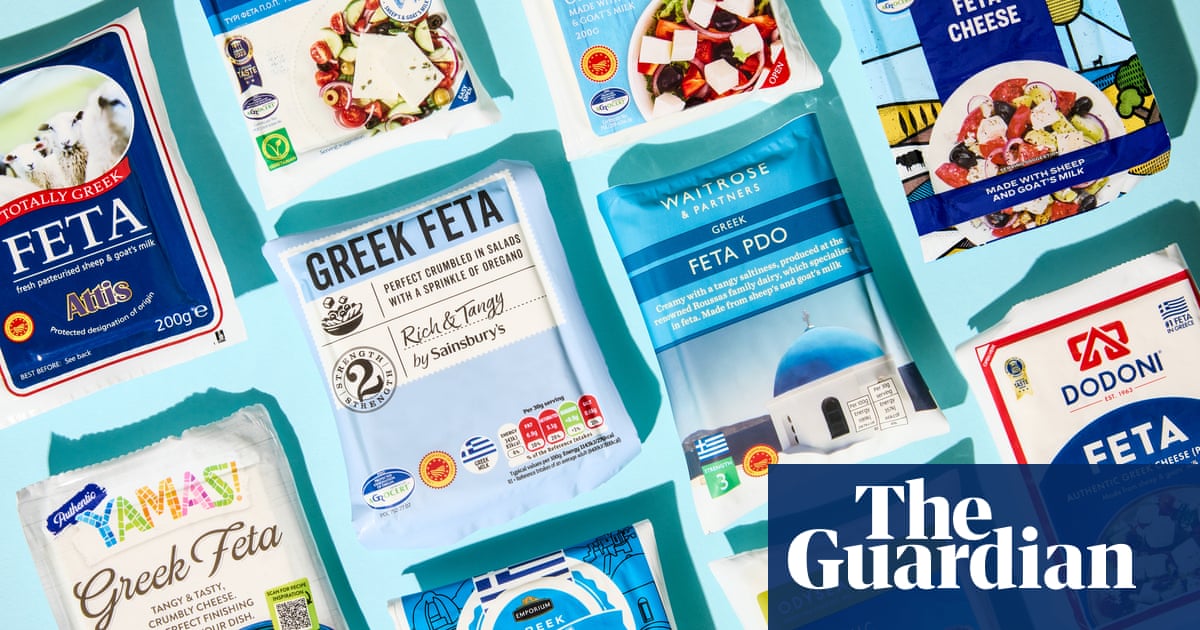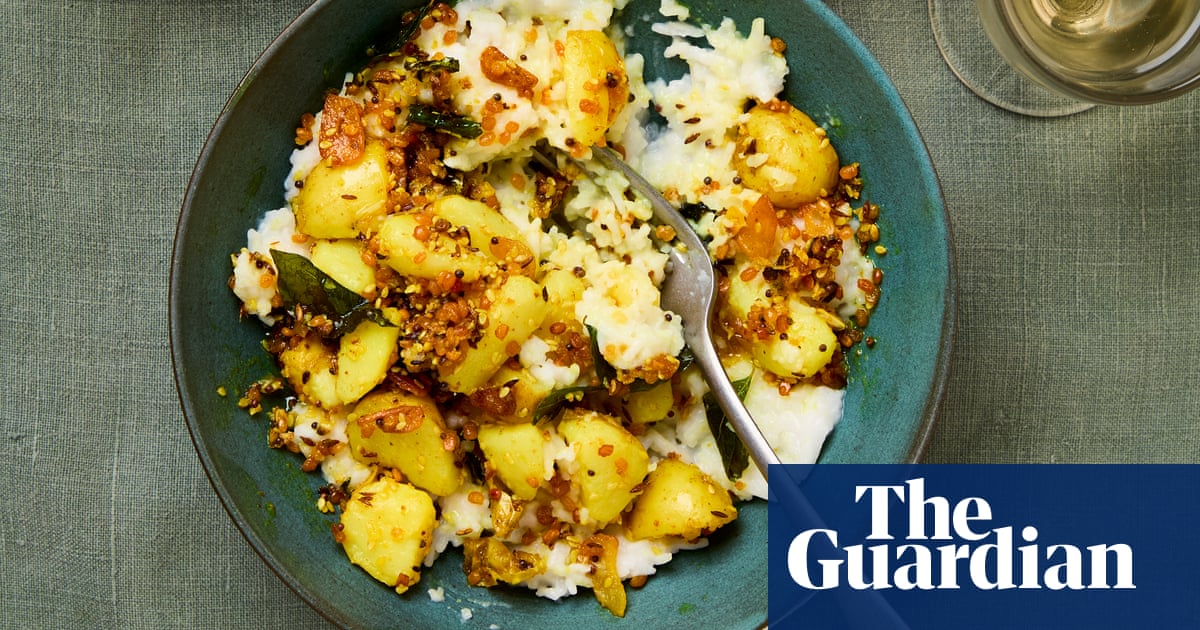More than a dozen of Britain’s biggest retailers and food producers, including Marks & Spencer, J Sainsbury and Asda, have called on the EU to reduce checks on food and drink crossing the Channel and Irish Sea, which they say are costing billions of pounds.
Ahead of a summit on 19 May that is hoped to “reset” trade ties five years on from Brexit, they are urging politicians to hammer out a deal on sanitary and phytosanitary checks. They hope this would include a veterinary agreement and would harmonise food safety rules or recognise them as equivalent.
In a letter to Maroš Šefčovič, the EU commission vice-president in charge of Brexit negotiations, the 13 companies said “unnecessary red tape” since Brexit had added £2bn to costs. Signatories of the letter, seen by the Guardian, include Morrisons Supermarket plc, Lidl, Ocado, the sandwich makers Greencore and Samworth Brothers, as well as the meat processors Cranswick and 2 Sisters.
The letter, sent this week and first reported by the Financial Times, said the rules on moving food and drink had “made it harder to supply the widest range of products at the best possible price to domestic and international markets”.
The businesses, which offered “hands-on efforts to overcome practical obstacles”, added: “At a time when trading relationships around the world are being challenged, now feels like an opportune moment to solidify our economic partnership.”
Food groups’ lobbying efforts come amid wider efforts to reset the UK’s relationship with the EU, while simultaneously trying to strike a trade deal with the US and swerve the worst of Donald Trump’s tariffs.
The Labour government made a manifesto commitment to securing a veterinary agreement with the EU that would remove or reduce red tape at the border, such as export health certificates. The paperwork not only demands the employment of specialist teams but can hold up shipments while waiting for the correct documentation.
The requirement to label products being shipped to Northern Ireland as “not for EU”, under the Windsor framework deal to ease trade across the Irish Sea, has also added significantly to costs and complications for retailers operating there and their suppliers.
The system can also lead to sudden unintended disruption. A recent reclassification of custard as dairy product, rather than a composite, led to it disappearing from shelves for a period in some Irish and Northern Irish stores while the correct licences and checks were put in place.
The UK government is reportedly now more open to considering some regulatory alignment with EU on fresh meat and dairy standards to ease trade, although this could affect a potential trade deal with the US.
According to research published last month by the Food & Drink Federation, the amount of food exported to the EU slumped by 34% last year compared with 2019, before Britain left the bloc. Food and drink imports from the EU, which are subject to fewer checks after multiple delays by the UK government because of fears of stoking inflation, increased 3.3% last year compared with 2023.
Checks are important to stop the spread of disease, with Britain recently banning imports of German pork, lamb, beef and dairy products to prevent foot-and-mouth disease spreading to the UK after an outbreak on the outskirts of Berlin.

.png) 21 hours ago
5
21 hours ago
5













































